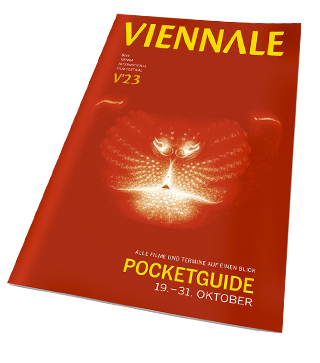Several great films are based on poems: Manoel de Oliveira’s 'NON', OU A VÃ GLÓRIA DE MANDAR, Jane Campion’s BRIGHT STAR, and Forugh Farrokhzad’s KHANEH SIAH AST, for example. However, films based on a tanka are few and far between. Tanka is a 1500-year old rhymeless Japanese poem form considered one of the forerunners of haiku.
HARUHARA-SAN’S RECORDER is based on a tanka written by contemporary tanka poet Naoko Higashi. The poem was published in 1996. The director Kyoshi Sugita published an English translation of the poem traditionally containing 31 moras and centered around a shift in perspective or emphasis:
“Gazing upon / The Address Unknown stamp / The recorder / Played by Haruhara-san.”
The enigmatic poem plays, among other things, with what we expect a recorder to be. Does it record images or sounds?
The author, who has previously worked on screenplays with Hirokazu Koreeda and published several novels, has been writing since 1990. Mr Haurhara’s Recorder was her first published book of poems. The book oscillates between avant-gardist tendencies and classical elements found in the tanka art form. Her greatest literary strengths are clearly on display when she turns her attention to observations of the seemingly mundane occurrences of everyday life.
Naoko Higashi is very active online and shares her texts and tanka poems on Instagram, Twitter and her own blog.
Since Kyoshi Sugita didn’t want to give the impression that he was adapting the whole book of poems, he chose to call the film MR HARUHARA’S SONG in Japanese. His 2017 film LISTEN TO LIGHT was also based on a tanka poem.

